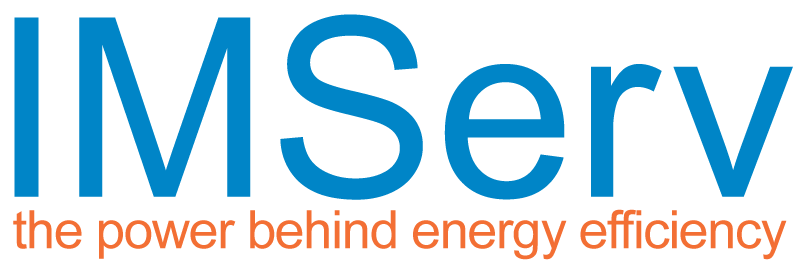With so much change taking place within the energy market, it is important that those working in procurement understand the challenges that the energy market is facing. For energy procurement managers pressure to find the best deal is a key factor. Having a clearer picture of an organisation’s energy requirements puts procurers in a better position to make informed decisions and meet cost reduction and sustainability targets.
The energy market is undergoing change at an alarming rate due to increased competition and updates to industry legislation, and often the procurement team is responsible for keeping up to date. These teams have to work with energy buyers and account managers within the energy companies, stay abreast of industry amendments and understand the risks and opportunities that these changes bring. All whilst maintaining an effective procurement strategy which is flexible to take advantage of any fluctuations of energy costs.
Jason Taylor, Account Manager at IMServ, thinks these risks can be mitigated through the combination of a proactive approach to buying energy, an understanding of the shifts within the energy market and full understanding of an organisation’s energy usage. He believes such tactics can prevent poor procurement decisions turning into expensive mistakes. “The energy market can seem daunting, particularly in light of ongoing legislation changes such as P272 and the Capacity Market evolution. The landscape of the energy market has also changed significantly, with new suppliers entering the market and a wider range of solar, renewable and local generation options available. Taylor states “By having a greater understanding of their energy portfolio, companies are able to implement a robust procurement strategy and able to improve their billing.”
Jason believes there are 5 key areas procurers need to understand in order to provide an effective service:
- Site list – Although it might sound like a basic piece of advice, the first thing a procurer needs to have is a firm grasp of their site list. It is important to understand the individual energy requirements of the different types of buildings and sites in your portfolio so you can obtain precise volumes of energy, minimising wastage.
- AMR metering across all sites – Understanding your energy needs can be achieved through the installation of automatic meter reading (AMR) technology across all of your managed sites. This will automatically collect consumption, diagnostic and status data and transfer it to a centralised database where it can be analysed and interrogated. By having this insight, informed decisions can be made.
- Understand the contract and what it requires – An energy procurement manager will need an understanding of what the business needs, when and in what volume. This will allow the manager to accurately forecast what will be needed in the future, and obtain the best rates to reflect the needs of business at different times of the day, week, month and year.
- Energy spend – It is important to retain a view on your overall energy budget whilst understanding the energy spend across all utilities. Having a robust data solution in place, your organisation can gain a better understanding of energy demands over time. This will help to benchmark any future savings across your portfolio.
- Drill down into your energy data for further opportunities – There are a huge variety of energy solutions available to organisations on the market such as; Sub Metering, bespoke energy reporting packages and energy efficiency offerings. Being aware of and utilising a wide range of solutions can open doors to energy improvements, by providing actionable usage insights at more localised levels.
Jason continues: “Those working in procurement are often under many disparate pressures and can be involved in an array of different areas, including: purchasing, IT, managing inventory, vendor selection and holding process reviews. This often means that they find themselves without the time to interrogate their energy data properly. This is where mistakes can start to come into the equation. By taking the time to understand the energy usage data, and how this will affect such strategies, procurers will be able to improve their energy billing, often saving money at the same time.”



